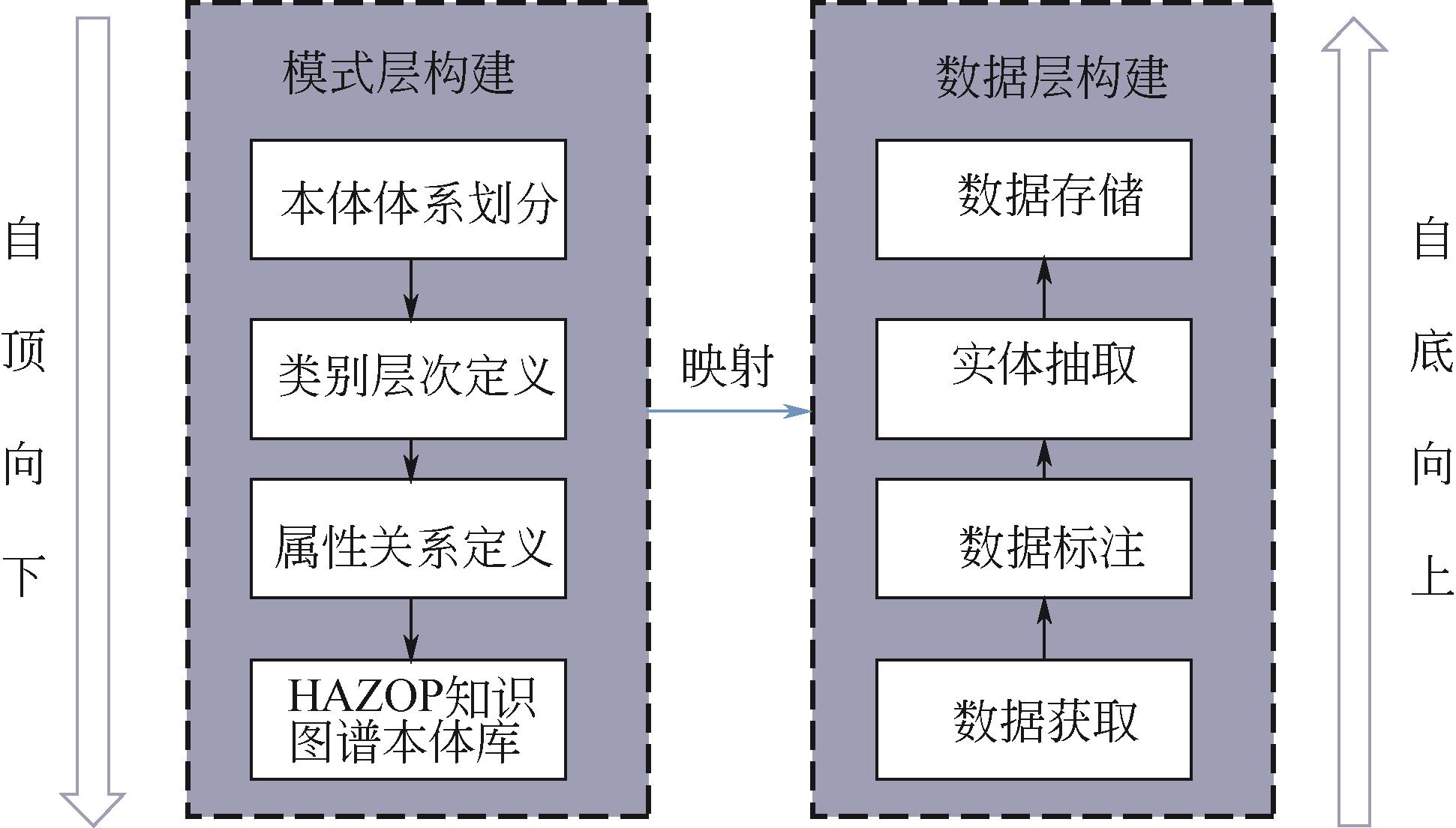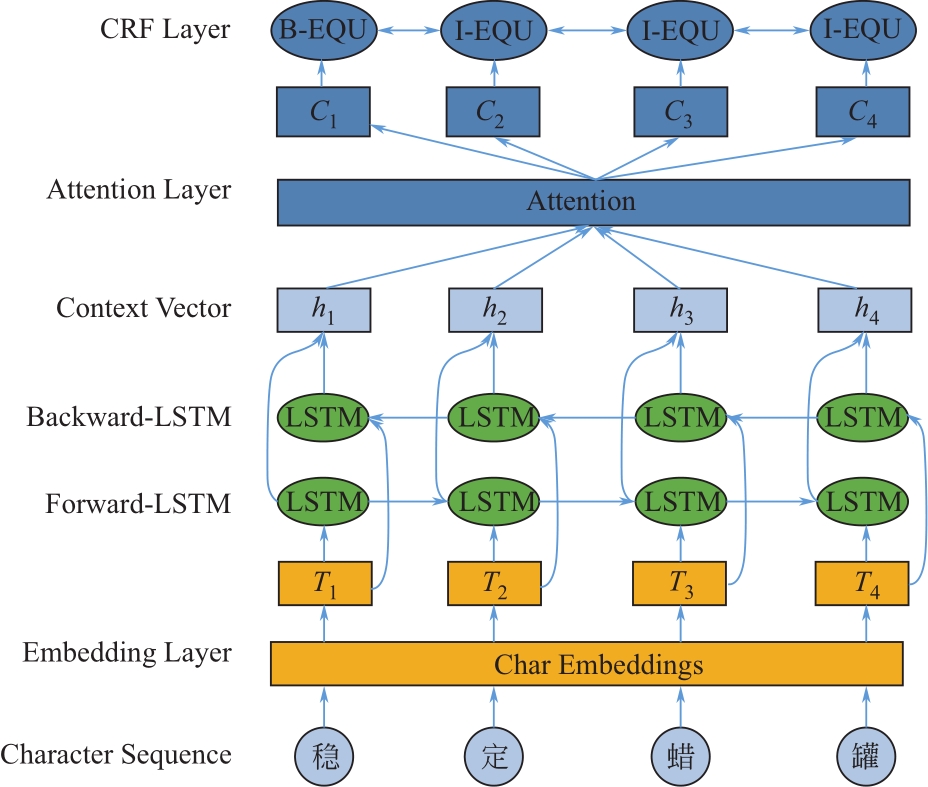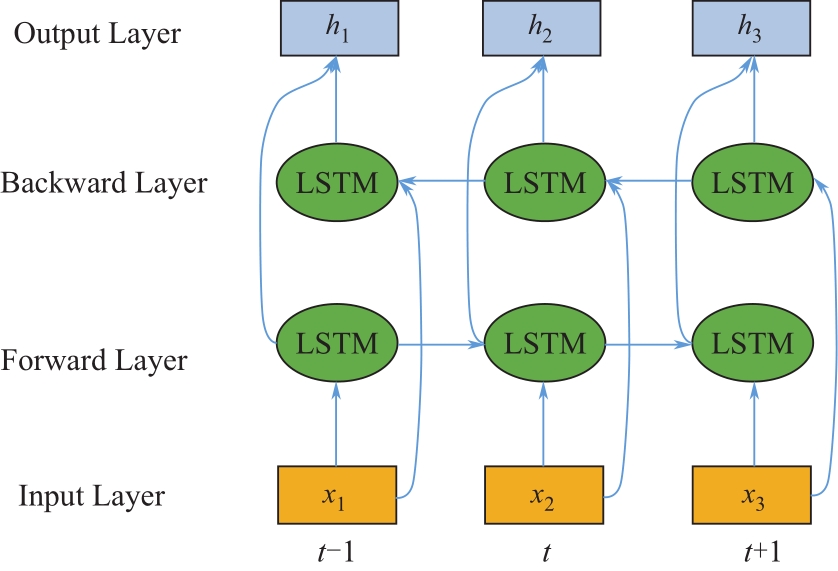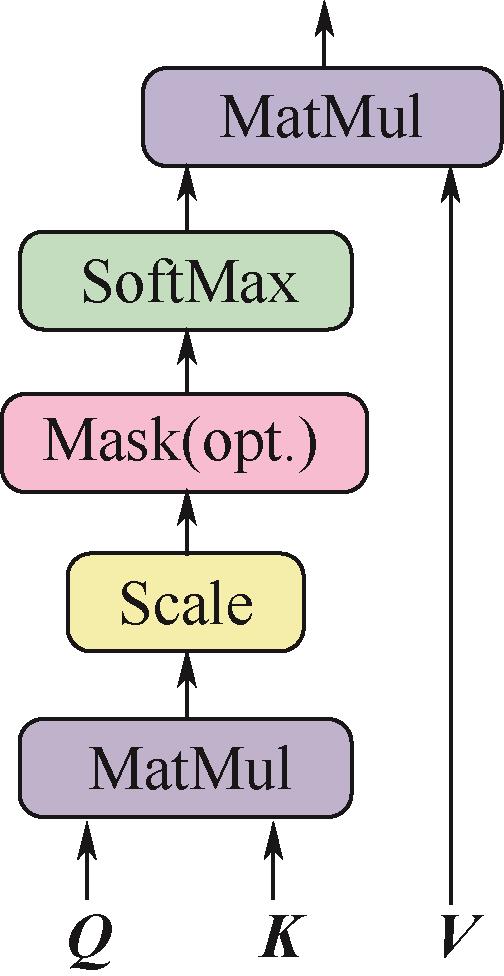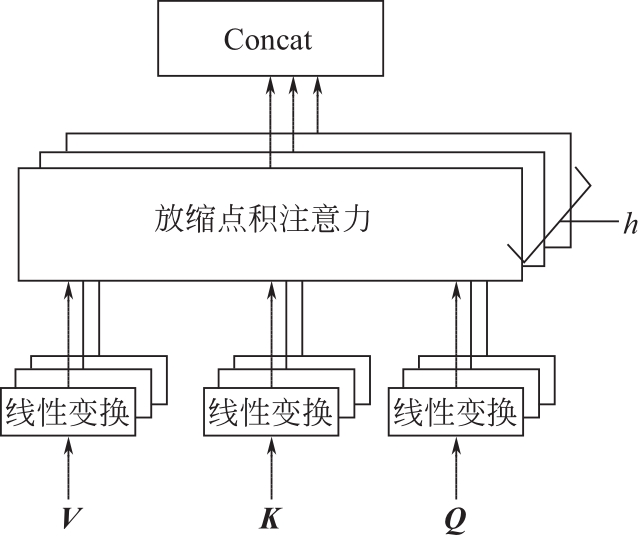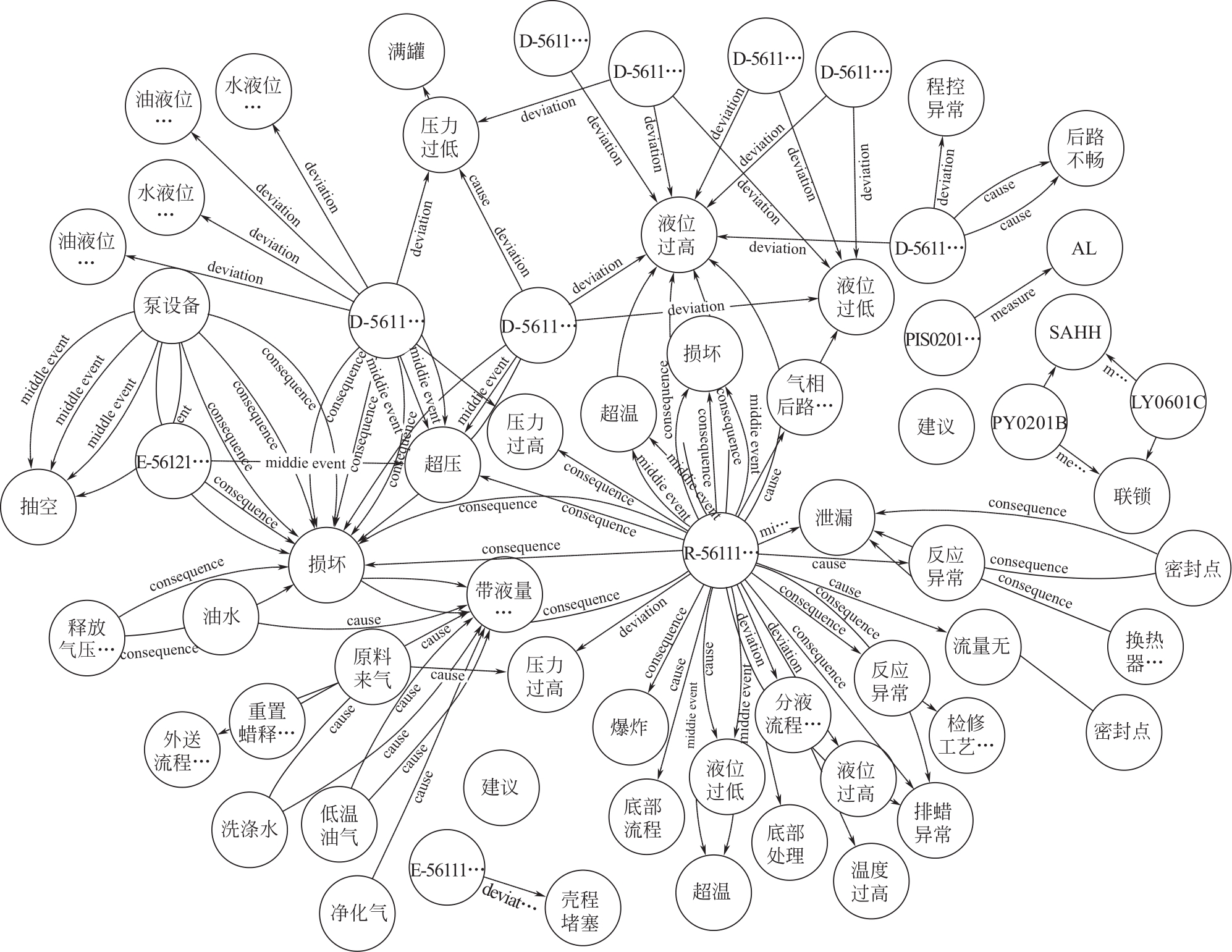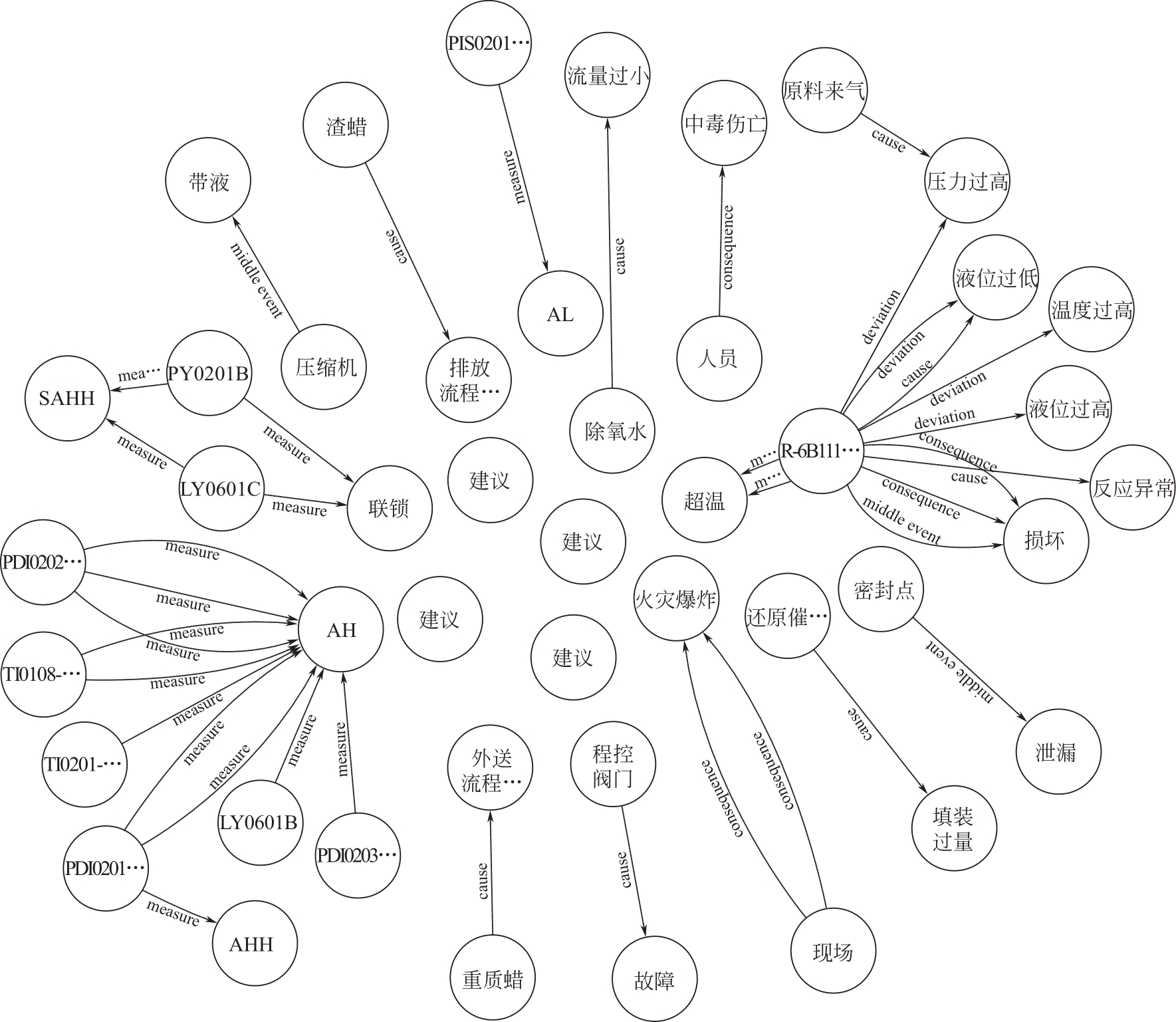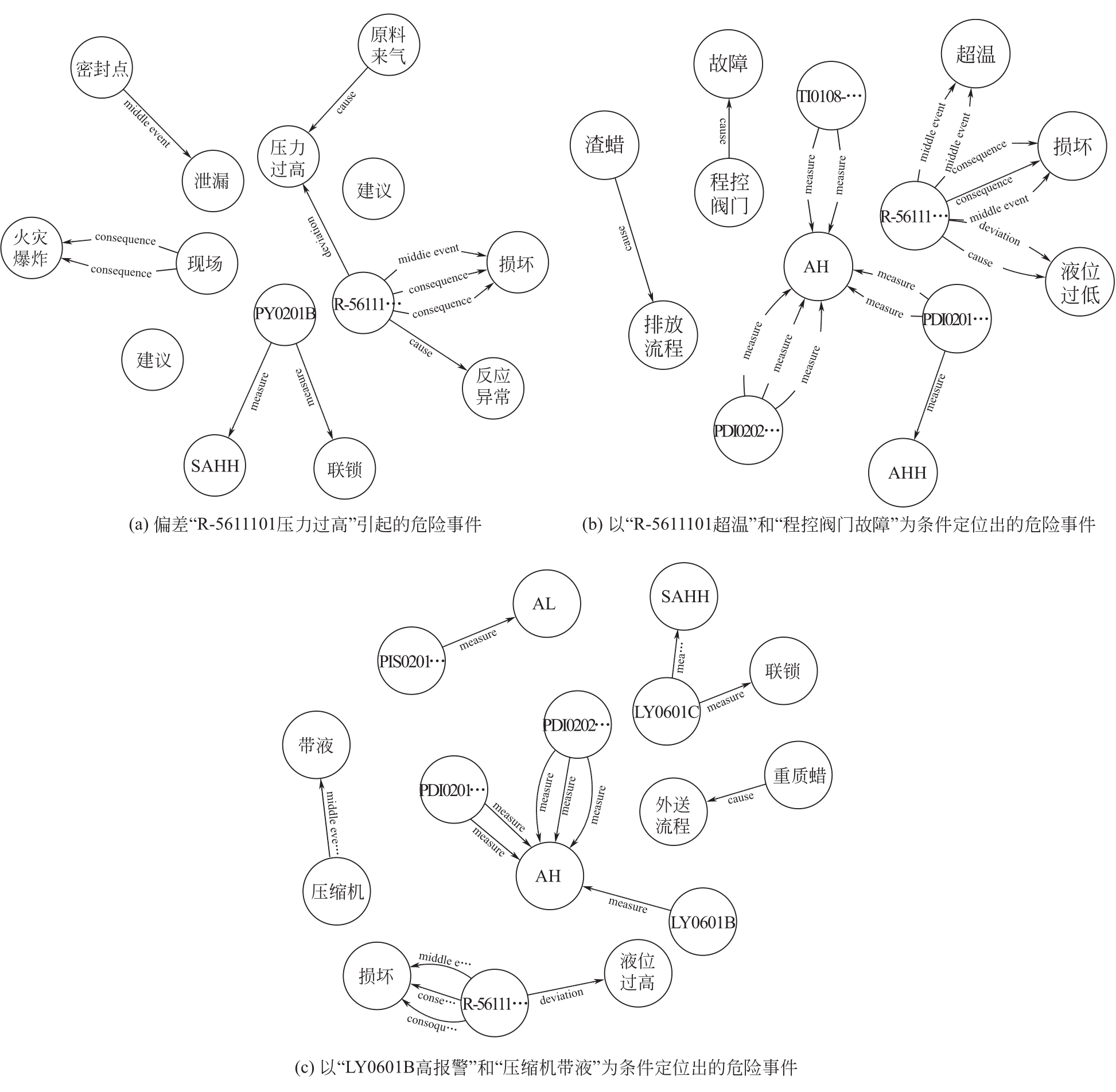| 1 |
吴重光. 危险与可操作性分析(HAZOP)基础及应用[M]. 北京: 中国石化出版社, 2012.
|
|
WU Chongguang. Hazard and operability analysis basic and application[M]. Beijing: China Petrochemical Press, 2012.
|
| 2 |
DUNJÓ J, FTHENAKIS V, VÍLCHEZ J A, et al. Hazard and operability (HAZOP) analysis. A literature review[J]. Journal of Hazardous Materials, 2010, 173(1/2/3): 19-32.
|
| 3 |
VIEGAS R A, FRANCISCO DE ASSIS DA SILVA MOTA, COSTA A P C S, et al. A multi-criteria-based hazard and operability analysis for process safety[J]. Process Safety and Environmental Protection, 2020, 144: 310-321.
|
| 4 |
SINGLE J I, SCHMIDT J, DENECKE J. Ontology-based support for hazard and operability studies[J]. International Journal of Safety and Security Engineering, 2020, 10(3): 311-319.
|
| 5 |
王峰, 高金吉, 张贝克, 等. 基于层次分析法的计算机辅助HAZOP分析技术[J]. 化工进展, 2008, 27(12): 2013-2018.
|
|
WANG Feng, GAO Jinji, ZHANG Beike, et al. Computer aided HAZOP analysis technology based on AHP[J]. Chemical Industry and Engineering Progress, 2008, 27(12): 2013-2018.
|
| 6 |
SOWA J F. Principles of semantic networks: exploration in the representation of knowledge[M]. San Mateo, Calif: Morgan Kaufmann, 1991: 135-157.
|
| 7 |
PETER P S, HORROCKS I. OWL1.1 web ontology language overview[Z]. February, 2006, 63(45): 990-996.
|
| 8 |
SIDOR G. Introducing google mom-the only knowledge graph you’ll ever need[Z]. 2015.
|
| 9 |
李涓子, 侯磊. 知识图谱研究综述[J]. 山西大学学报(自然科学版), 2017, 40(3): 454-459.
|
|
LI Juanzi, HOU Lei. Reviews on knowledge graph research[J]. Journal of Shanxi University (Natural Science Edition), 2017, 40(3): 454-459.
|
| 10 |
BIZER C, LEHMANN J, KOBILAROV G, et al. DBpedia—A crystallization point for the Web of Data[J]. Journal of Web Semantics, 2009, 7(3): 154-165.
|
| 11 |
XU B, XU Y, LIANG J Q, et al. CN-DBpedia: A never-ending Chinese knowledge extraction system[M]//Advances in Artificial Intelligence: From Theory to Practice. Cham: Springer International Publishing, 2017: 428-438.
|
| 12 |
HE L L, JIANG P Y. Manufacturing knowledge graph: a connectivism to answer production problems query with knowledge reuse[J]. IEEE Access, 2019, 7: 101231-101244.
|
| 13 |
YAN H H, YANG J, WAN J F. KnowIME: a system to construct a knowledge graph for intelligent manufacturing equipment[J]. IEEE Access, 2020, 8: 41805-41813.
|
| 14 |
REESE J T, UNNI D, CALLAHAN T J, et al. KG-COVID-19: a framework to produce customized knowledge graphs for COVID-19 response[J]. Patterns (New York, N Y), 2021, 2(1): 100155.
|
| 15 |
MAO S, ZHAO Y M, CHEN J H, et al. Development of process safety knowledge graph: a case study on delayed coking process[J]. Computers & Chemical Engineering, 2020, 143: 107094.
|
| 16 |
ZHENG X, WANG B, ZHAO Y M, et al. A knowledge graph method for hazardous chemical management: ontology design and entity identification[J]. Neurocomputing, 2021, 430: 104-111.
|
| 17 |
CATINO C A, UNGAR L H. Model-based approach to automated hazard identification of chemical plants[J]. AIChE Journal, 1995, 41(1): 97-109.
|
| 18 |
赵劲松, 赵利华, 崔林, 等. 基于案例推理的HAZOP分析自动化框架[J]. 化工学报, 2008, 59(1): 111-117.
|
|
ZHAO Jinsong, ZHAO Lihua, CUI Lin, et al. Case based reasoning framework for automating HAZOP analysis[J]. Journal of Chemical Industry and Engineering (China), 2008, 59(1): 111-117.
|
| 19 |
吴重光, 许欣, 纳永良, 等. 基于知识本体的过程安全分析信息标准化[J]. 化工学报, 2012, 63(5): 1484-1491.
|
|
WU Chongguang, XU Xin, NA Yongliang, et al. Standardized information for process hazard analysis based on ontology[J]. CIESC Journal, 2012, 63(5): 1484-1491.
|
| 20 |
BATRES R, WEST M, LEAL D, et al. An upper ontology based on ISO 15926[J]. Computers & Chemical Engineering, 2007, 31(5/6): 519-534.
|
| 21 |
高东, 肖遥, 张贝克, 等. 基于知识本体的HAZOP信息标准化框架[J]. 化工进展, 2020, 39(6): 2510-2518.
|
|
GAO Dong, XIAO Yao, ZHANG Beike, et al. HAZOP information standardization framework based on knowledge ontology[J]. Chemical Industry and Engineering Progress, 2020, 39(6): 2510-2518.
|
| 22 |
GREFF K, SRIVASTAVA R K, KOUTNÍK J, et al. LSTM: a search space odyssey[J]. IEEE Transactions on Neural Networks and Learning Systems, 2017, 28(10): 2222-2232.
|
| 23 |
LIPTON Z C. A critical review of recurrent neural networks for sequence learning[EB/OL]. 2015.
|
| 24 |
HUANG Z H, XU W, YU K. Bidirectional LSTM-CRF models for sequence tagging[J]. Computer Science, 2015: arXiv: .
|
| 25 |
BAHDANAU D, CHO K, BENGIO Y. Neural machine translation by jointly learning to align and translate[EB/OL]. 2014.
|
| 26 |
VASWANI A, SHAZEER N, PARMAR N, et al. Attention is all you need[C]//31st Conference on Neural Information Processing System (NIPS 2017), LongBeach, CA, USA, 2017
|
| 27 |
JOHN L, ANDREW M, PEREIRA FERNANDO C N. Conditional random fields: probabilistic models for segmenting and labeling sequence data[C]//ICML'01: Proceedings of the Eighteenth International Conference on Machine Learning, 2001: 282-289.
|
 ), ZHANG Beike, GAO Dong(
), ZHANG Beike, GAO Dong( )
)
